Rare color shots from Tunisia at the turn of the 19th and 20th centuries
Categories: History
By Pictolic https://pictolic.com/article/rare-color-shots-from-tunisia-at-the-turn-of-the-19th-and-20th-centuries.htmlThese colored postcards from the sunny streets of Tunisia were created using photochromy technology, in which monochrome images are given realistic colors and shades. This technology is the predecessor of color photography.

Photochromy (color lithography) was invented by a Swiss publisher in the 1880s. The process began with coating a plate made of lithographic limestone with a photosensitive emulsion. Then it was exposed to the sun under a photonegative for several hours. The emulsion solidified in proportion to the shades of the image. The softer fragments of the emulsion were removed with a solvent, and the image remained on the lithographic stone.
The photographer carefully outlined the features of the colors in the photo. According to his notes, separate lithographic stones were prepared for each color in the final version of the image. Often there were more than a dozen lithographic stones per postcard. As a result of a complex and delicate process, incredibly colorful images were obtained with much greater accuracy than in an ordinary colorized photo.
We offer you a look at the exquisite palaces and lively markets of Tunisia in the first decade of the French protectorate.
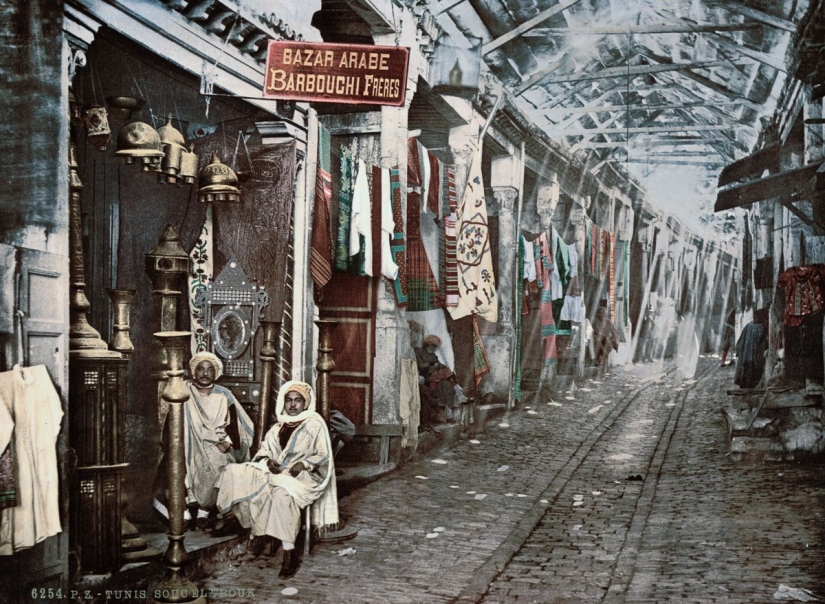
Souk El-Truk Bazaar in Tunisia.
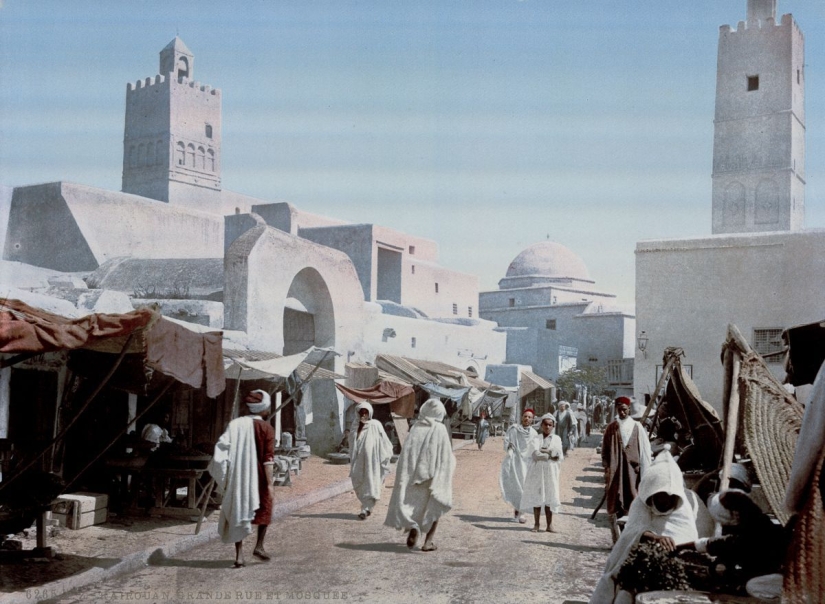
A street in Kairouan.
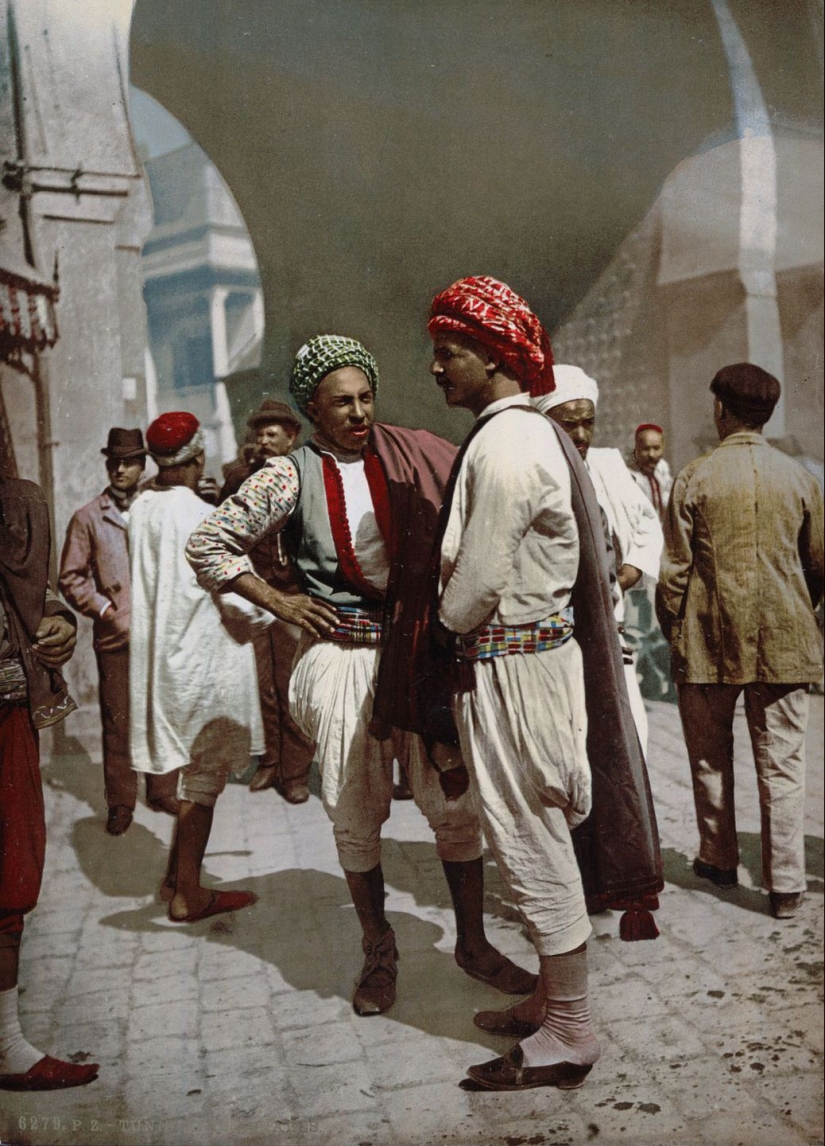
Local residents of Tunisia.

St. Louis Cathedral in Carthage.

Private living room, Qasr El Said.
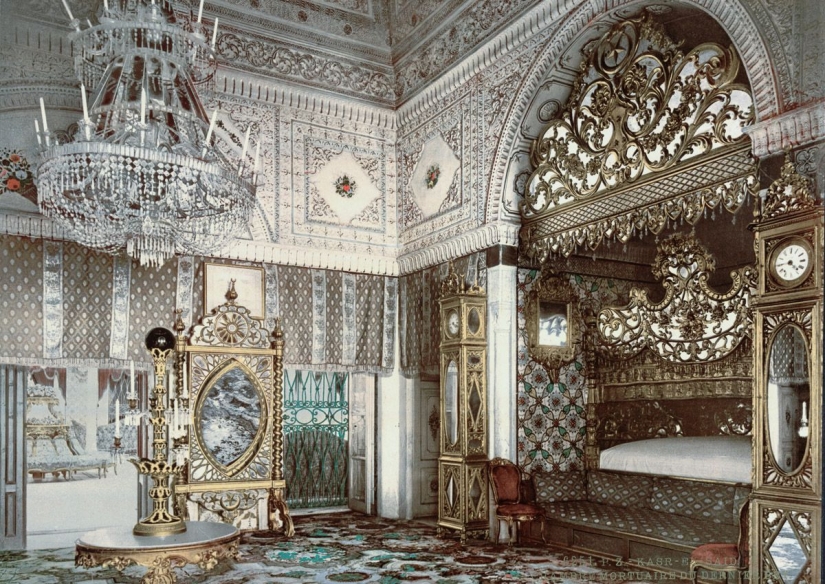
The bedroom of the late Bey of Tunis, Qasr El Said, Tunisia.

View of Kairouan from the minaret of the Grand Mosque.
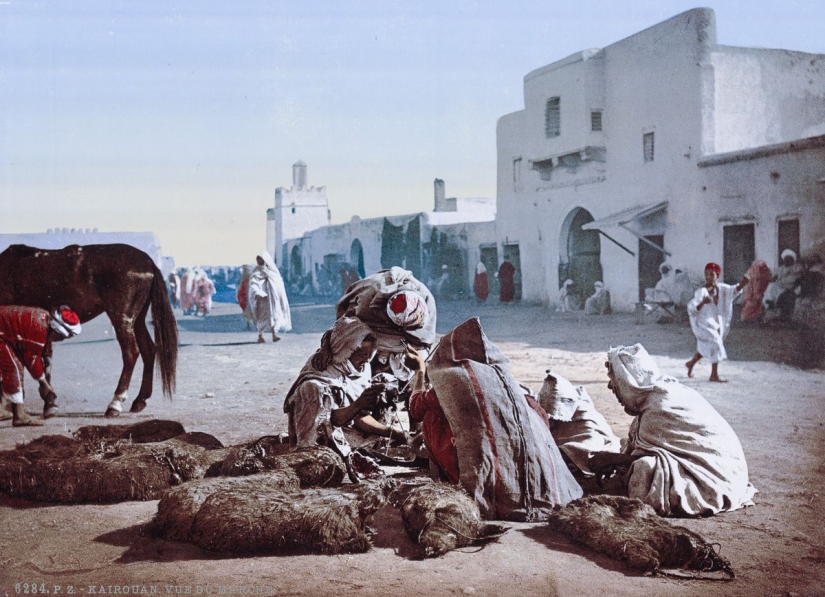
The market in Kairouan.

The streets of Kairouan.
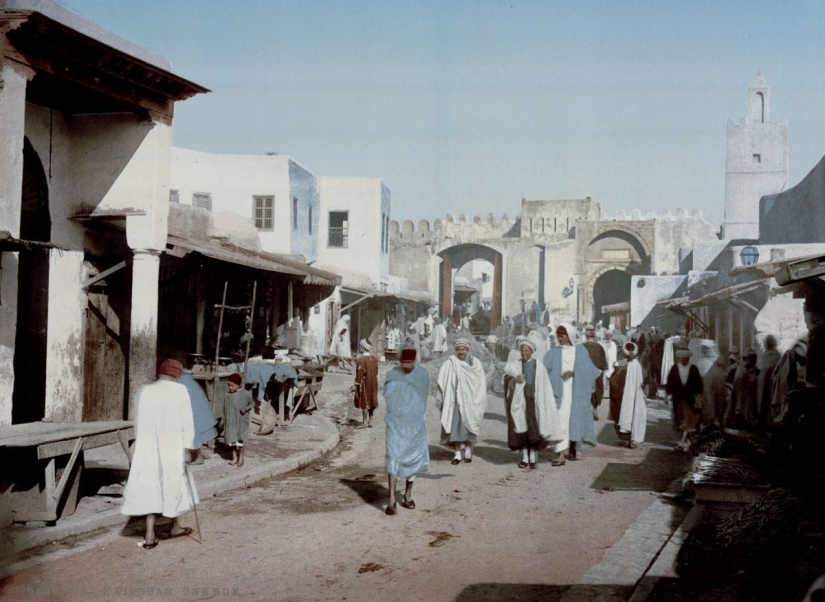
Kairouan.
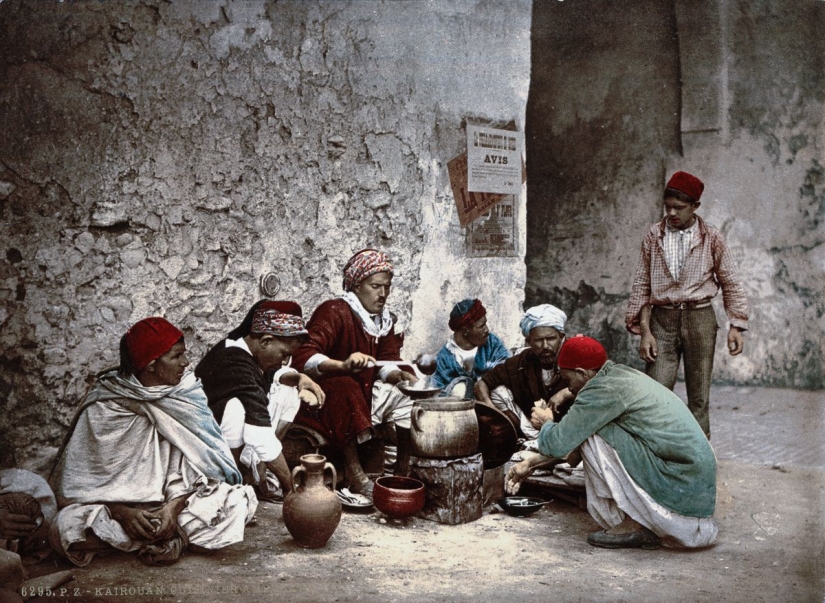
A wandering cook, Kairouan.
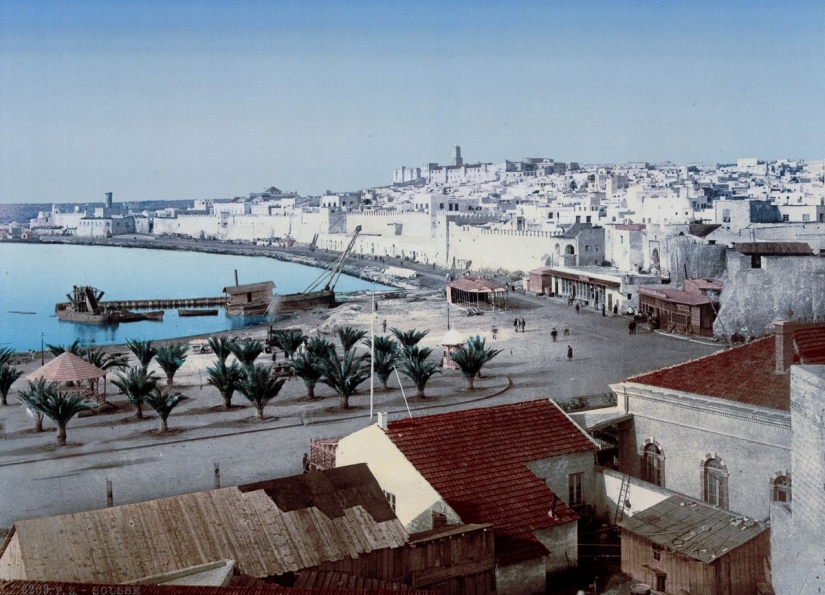
Coastal area in Sousse.
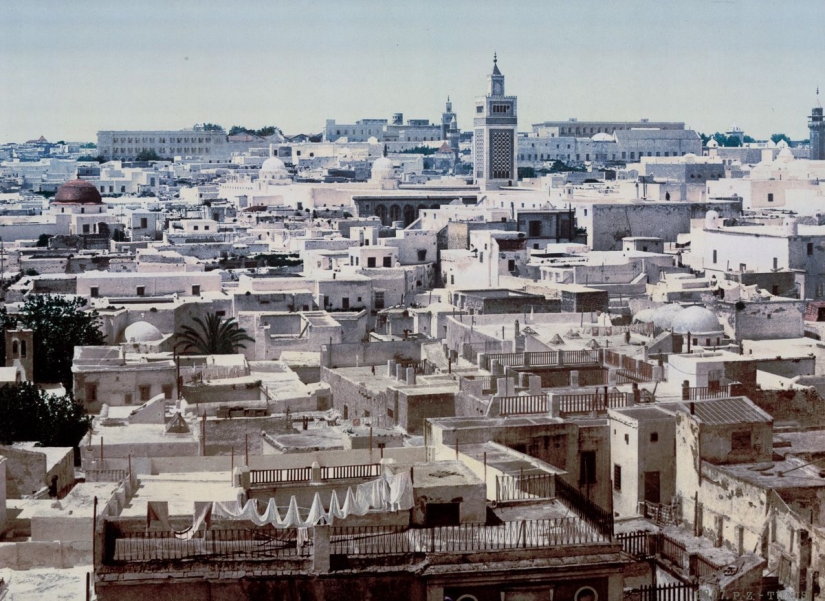
View of Tunisia from the Pari Hotel.
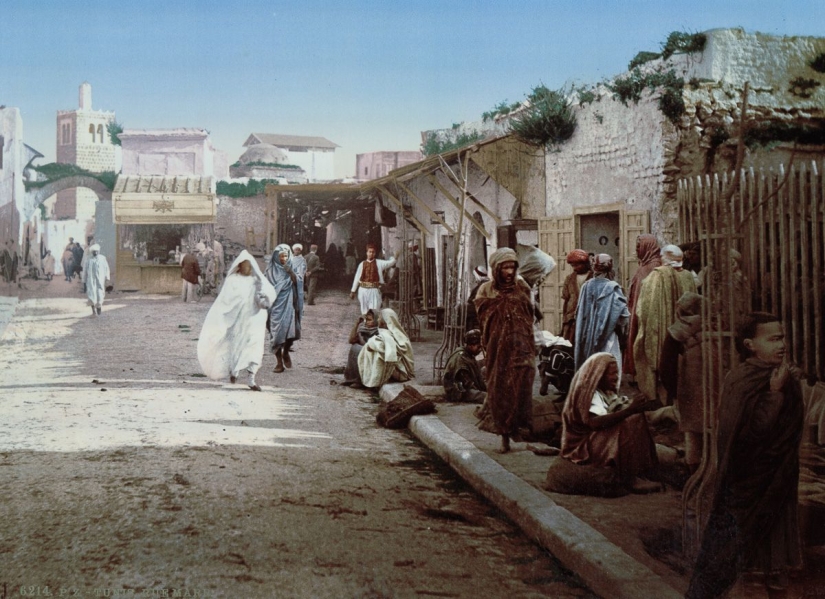
Marr Street in Tunis.
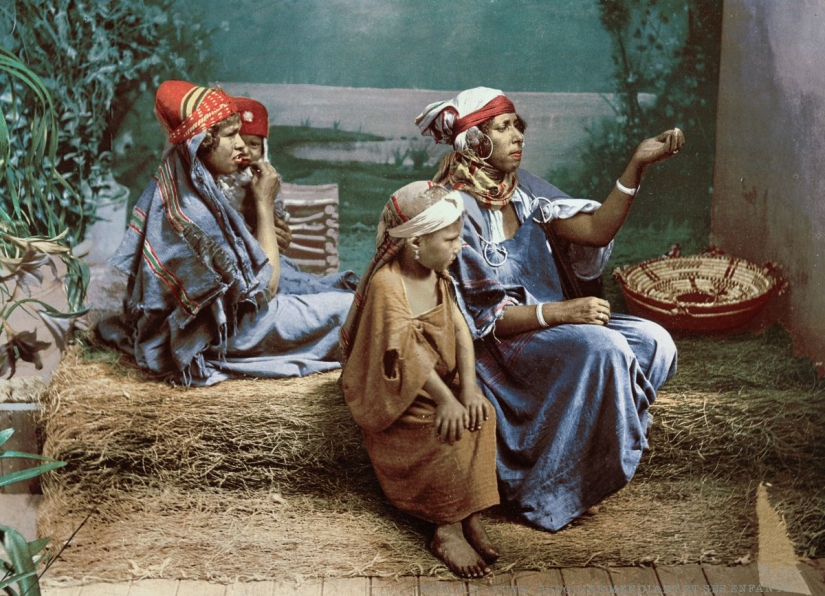
A family of Bedouin beggars.
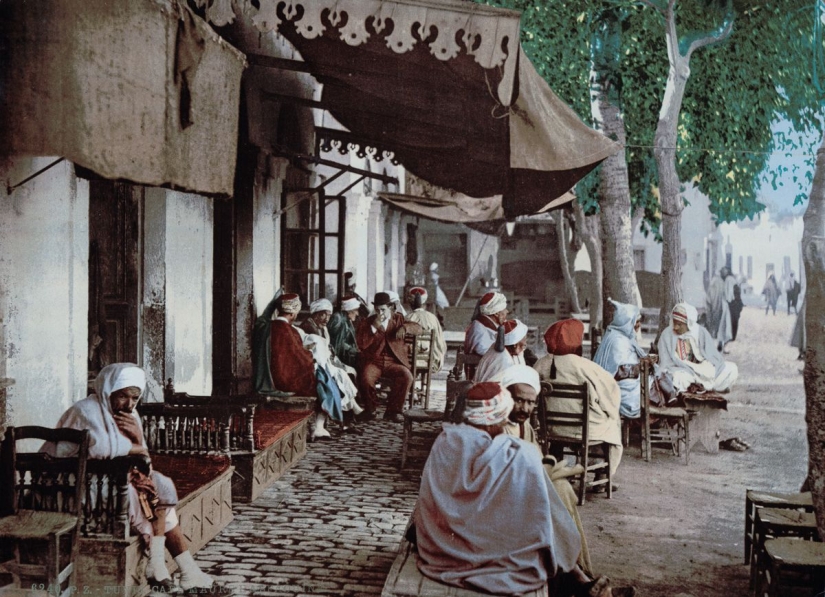
Near the Moorish cafe.
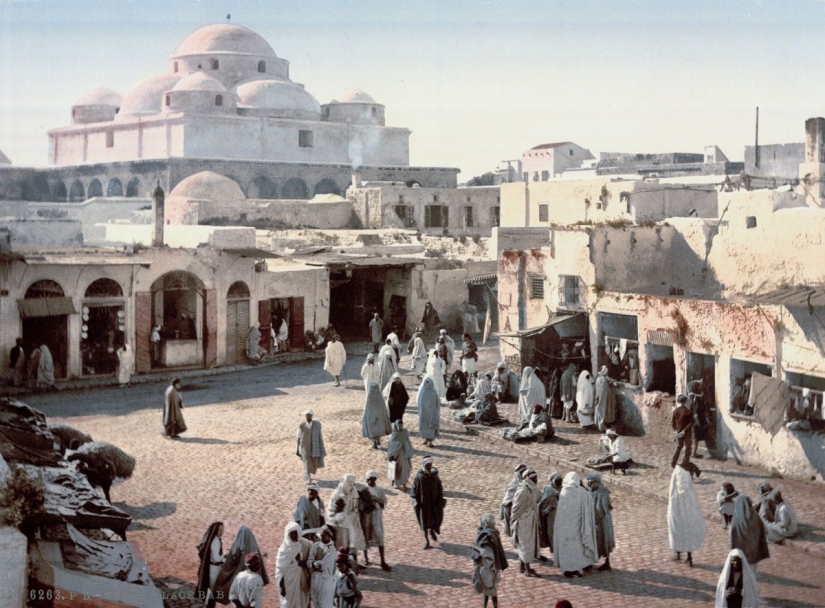
Bab Suika-Suker Square, Tunisia.
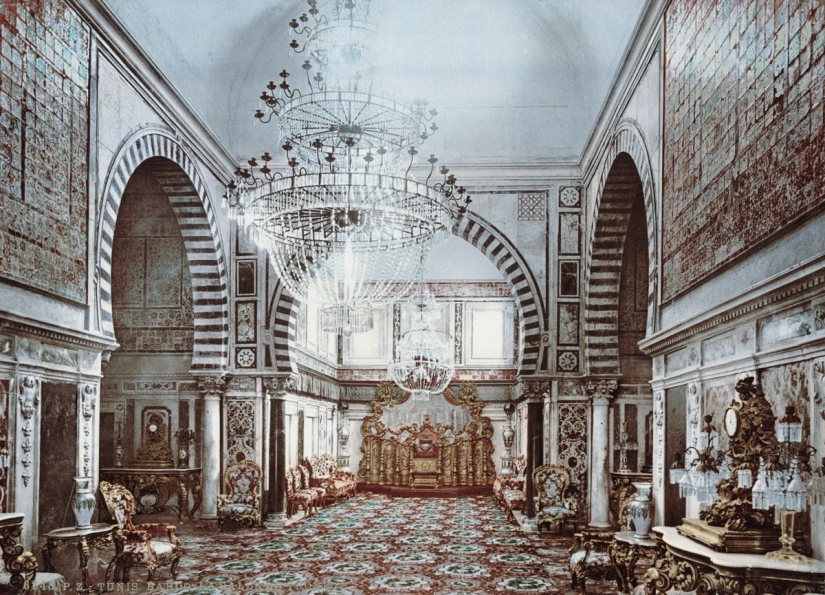
The throne room of the Bardo Palace, Tunisia.
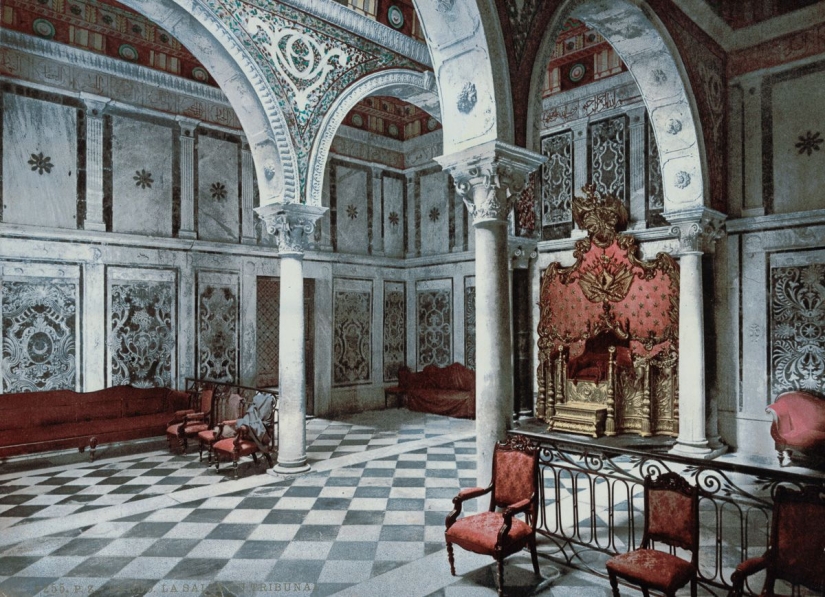
The courtroom of the Bardo Palace, Tunisia.
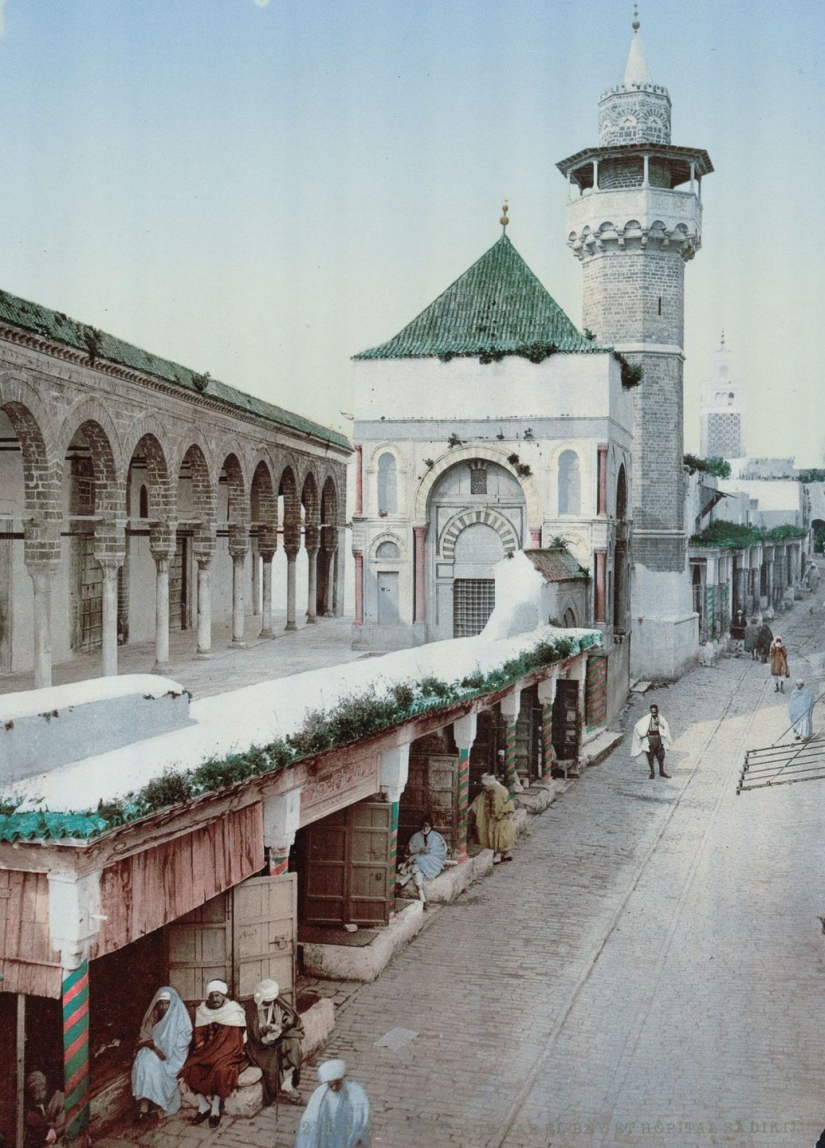
Sadiki Hospital.
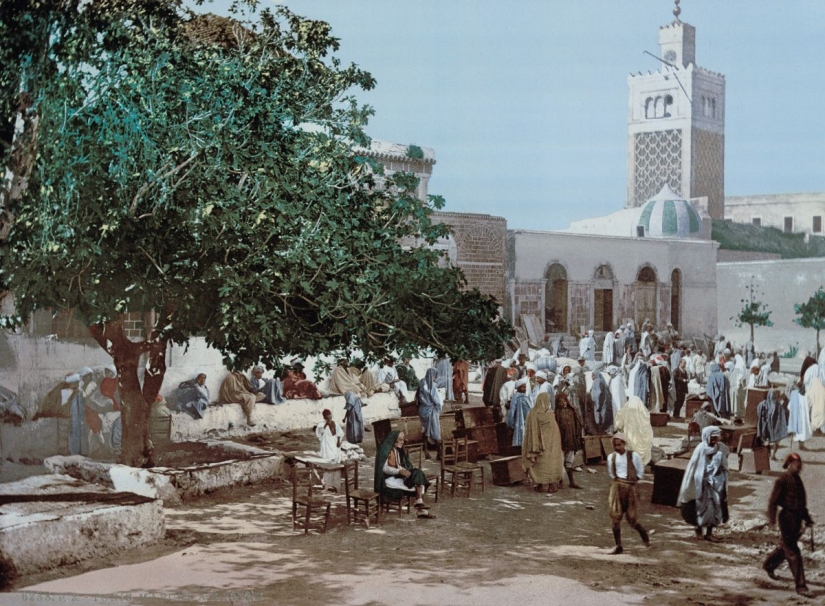
Kasbah Market in Tunisia.
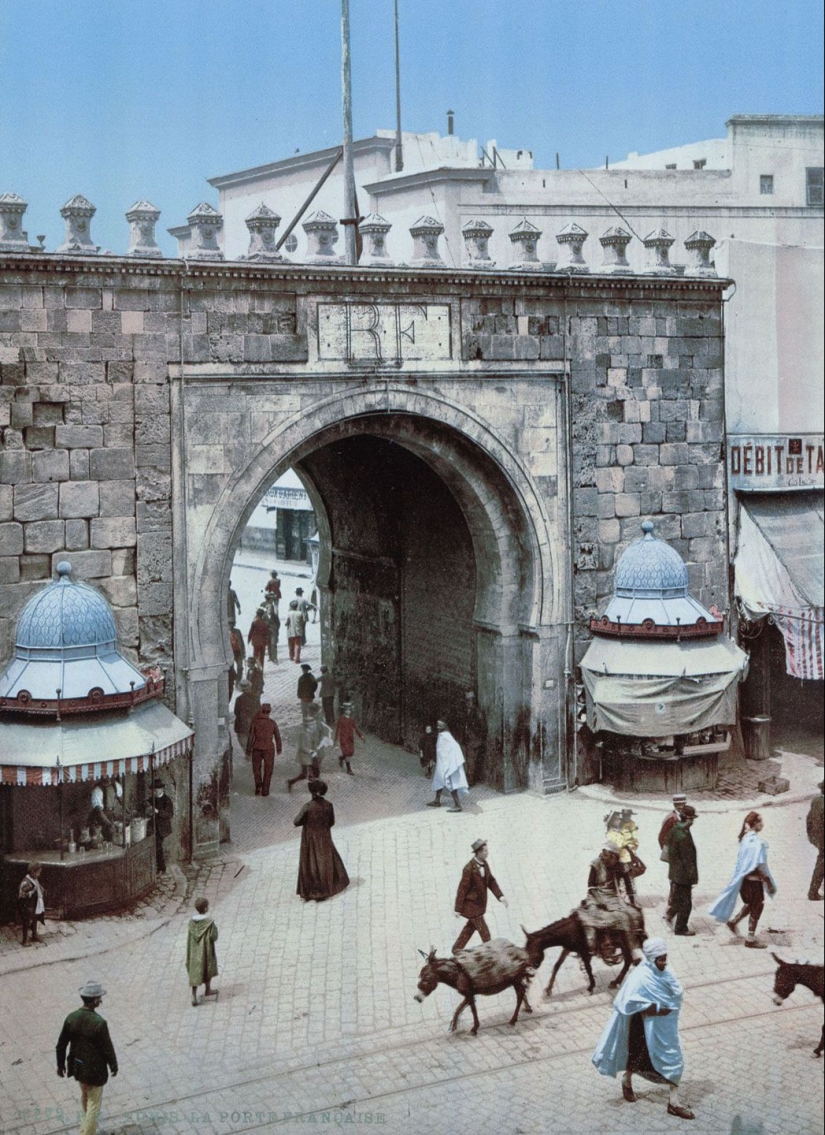
French Gate, Tunisia.
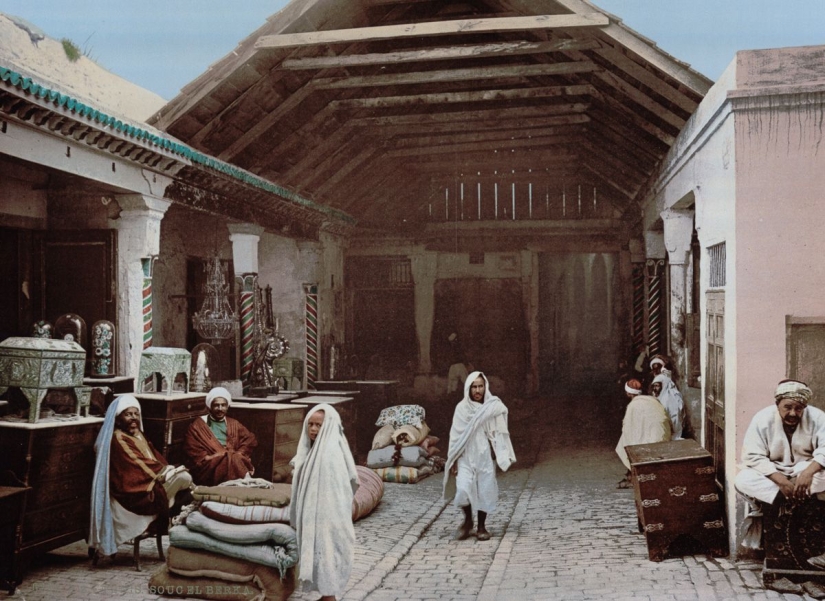
A bazaar in Tunisia.
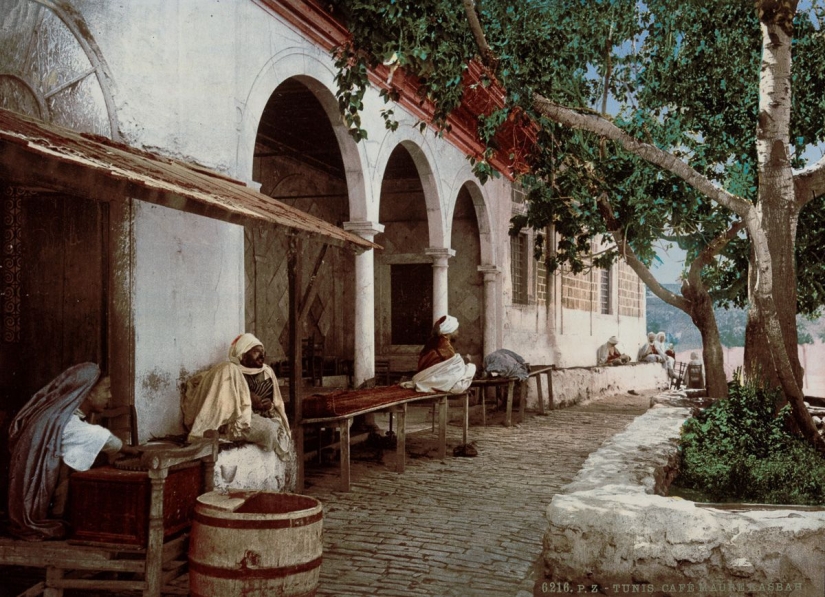
A Moorish cafe.
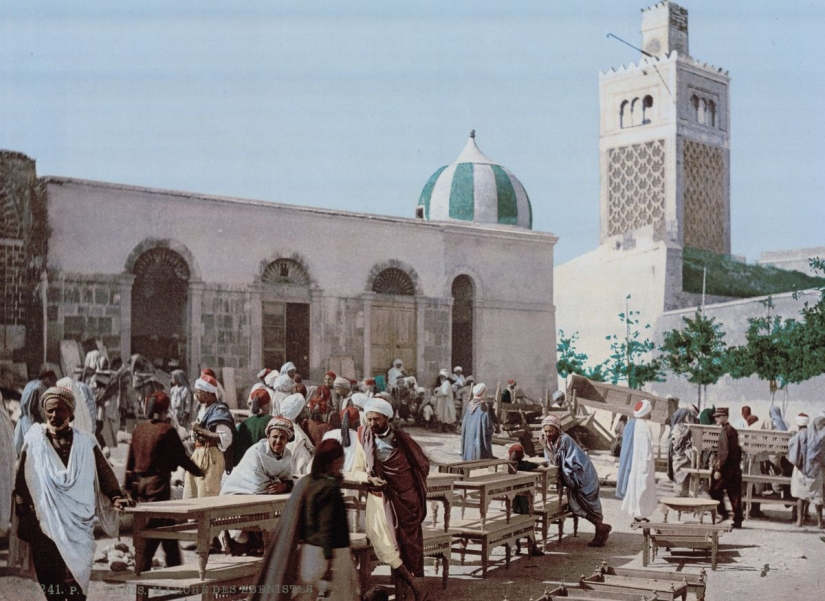
Ivory market, Tunisia.
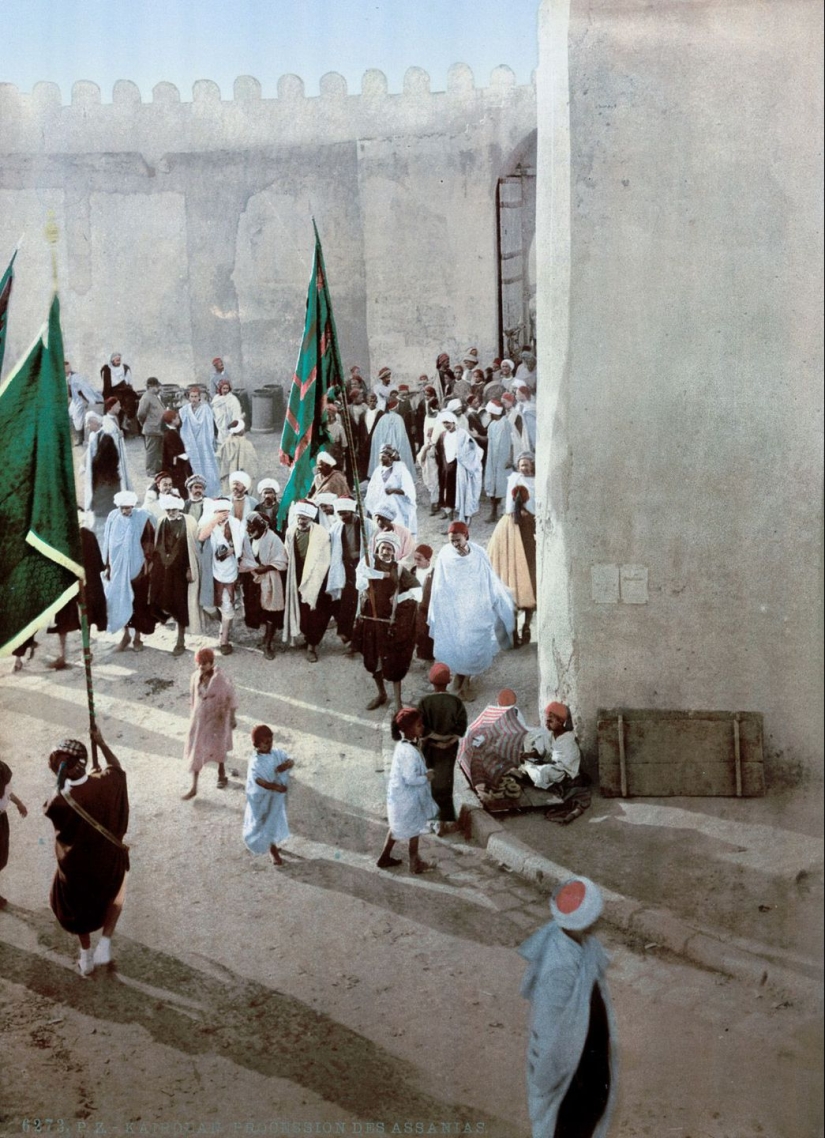
Street procession in Kairouan.
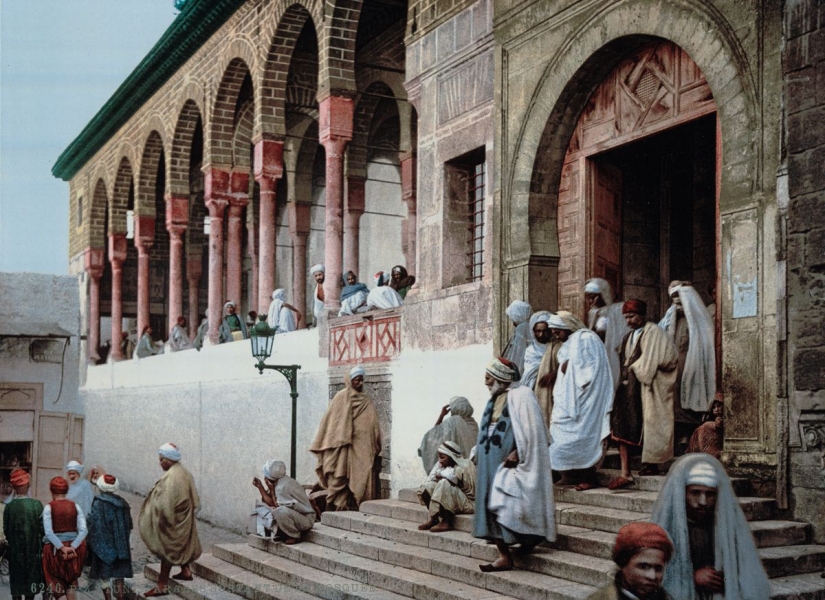
At the entrance to the mosque, Tunisia.
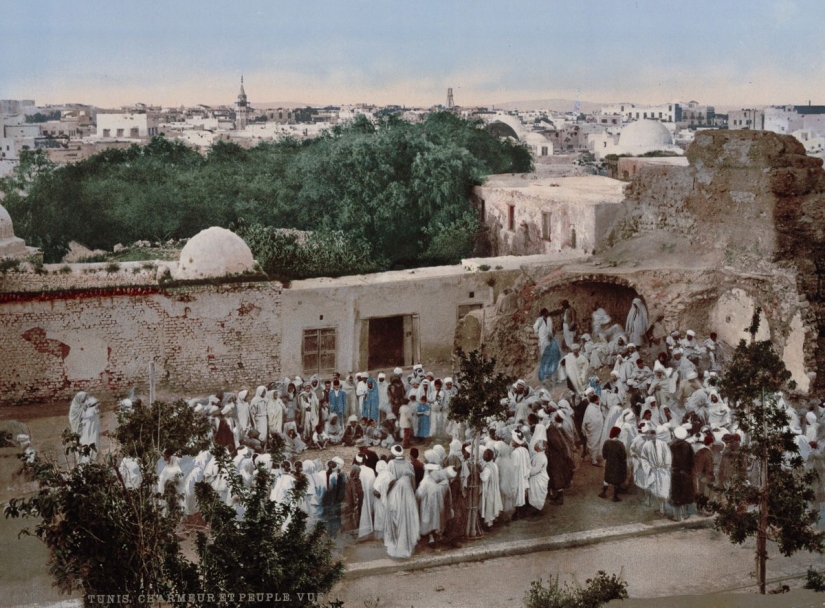
Performance of a snake charmer in Tunisia.
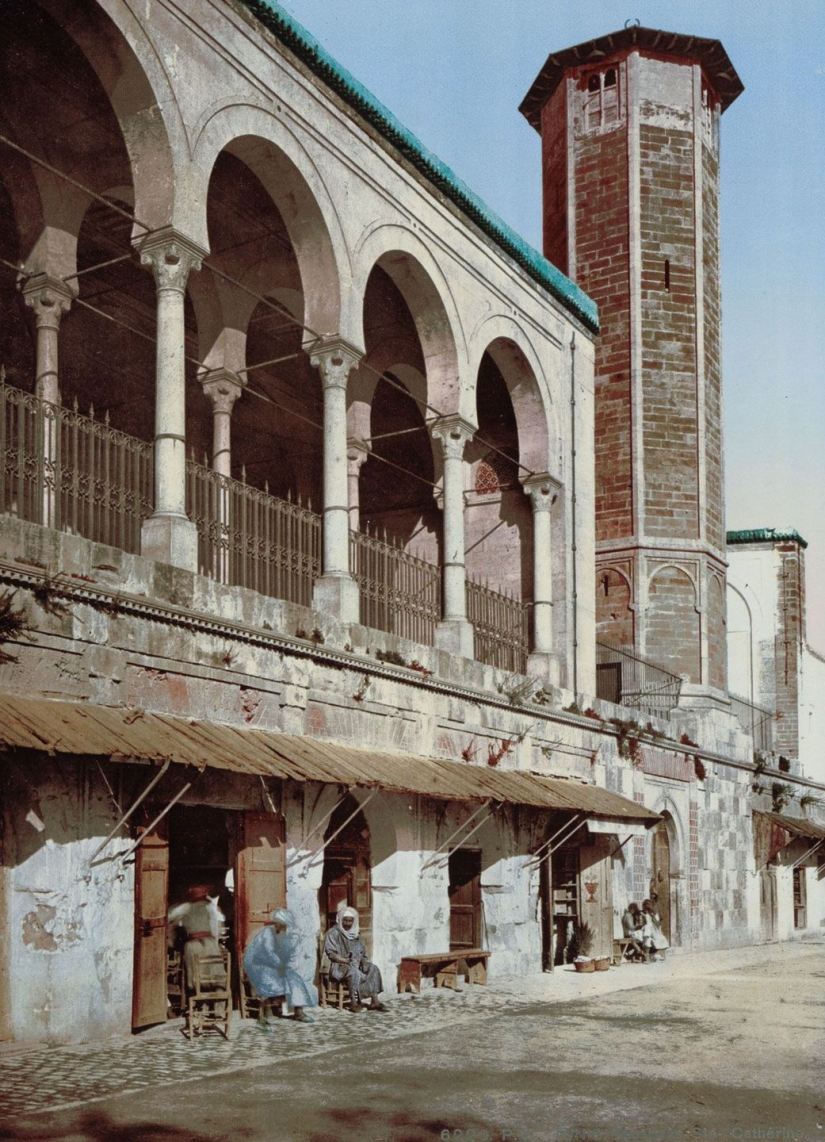
St. Catherine's Mosque in Tunis.
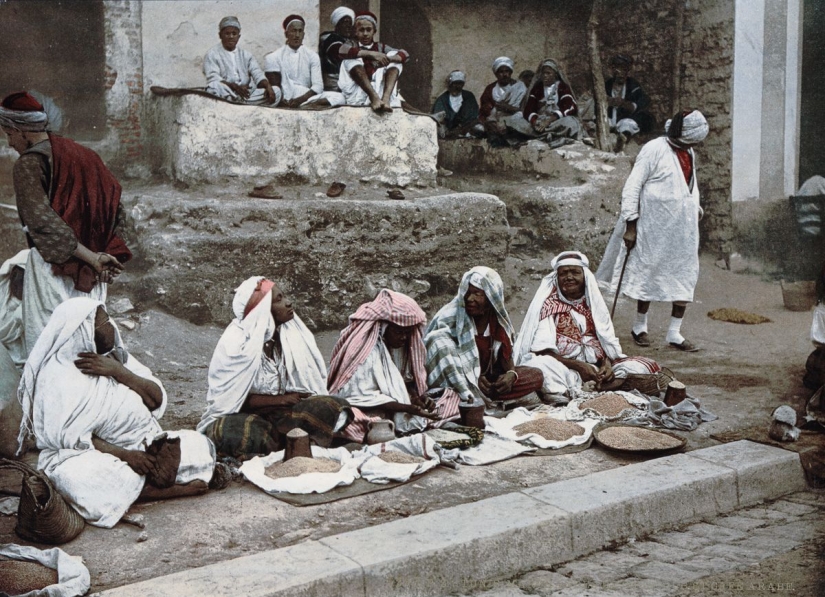
Couscous sellers, Tunisia.
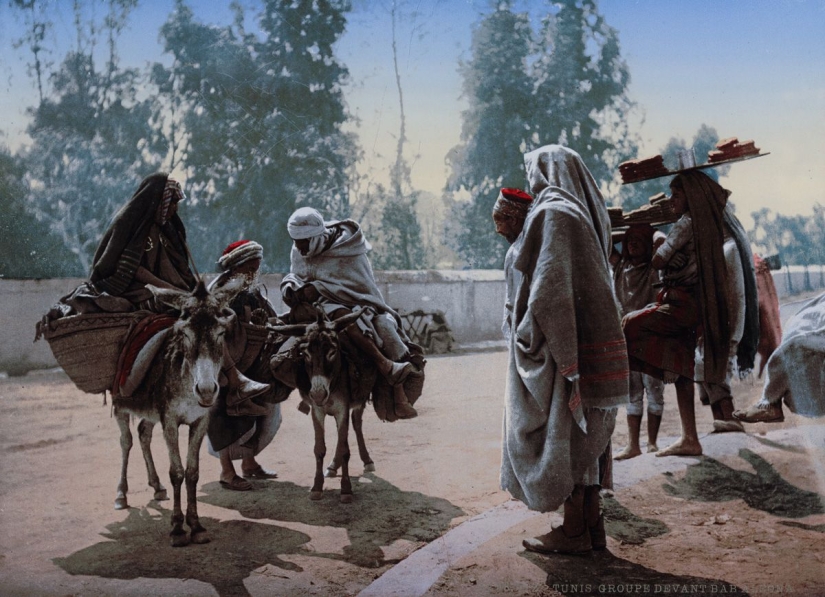
A group of Arabs in front of Bab Aleona, Tunisia.
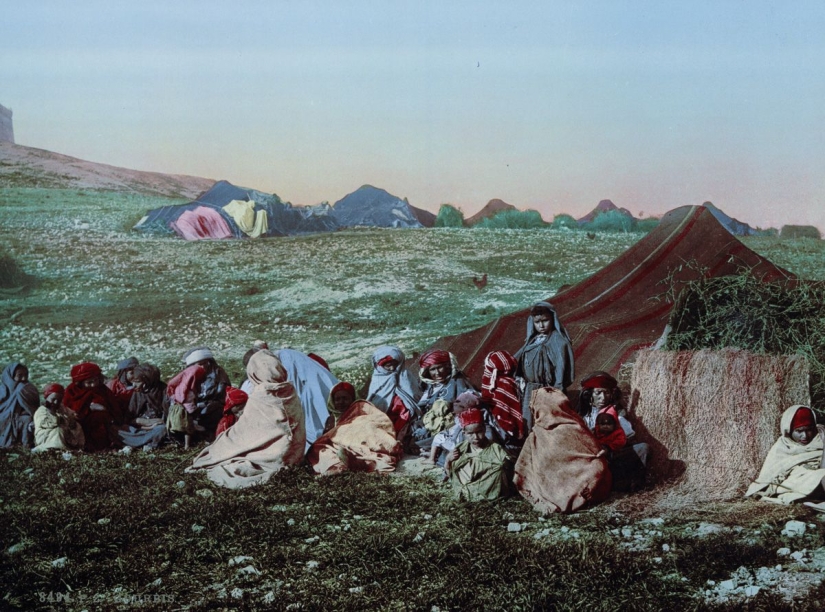
A camp of nomads.

A street in Tunisia.
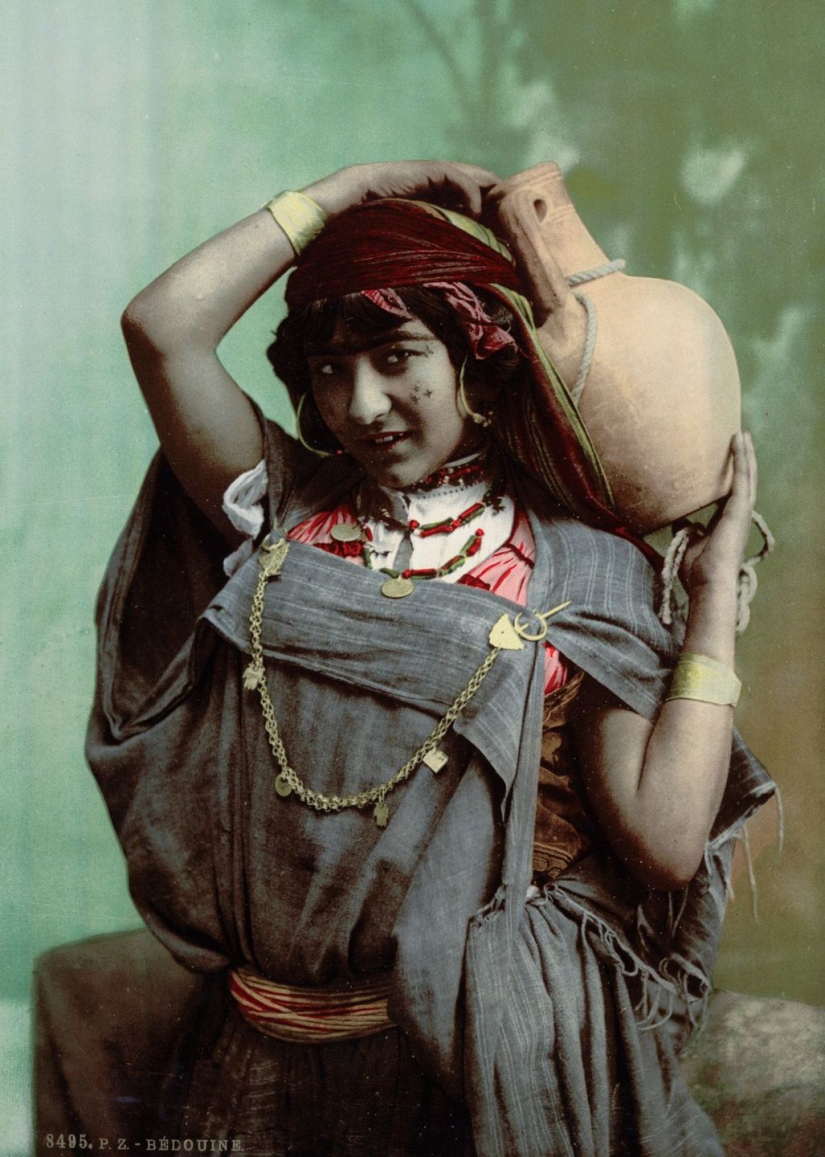
A Bedouin woman.
Keywords: History | Tunisia | Color photos | Postcards | XX century | XIX century
Post News ArticleRecent articles

It's high time to admit that this whole hipster idea has gone too far. The concept has become so popular that even restaurants have ...

There is a perception that people only use 10% of their brain potential. But the heroes of our review, apparently, found a way to ...
Related articles

In the fall of 1972, Bill Yates traveled through the countryside in the vicinity of Tampa, Florida. At that time, he was studying ...

When a person is in a life-threatening situation is awful, but even worse when it happens to a child. 11-year-old American Terry ...

Remember how broke the "unbreakable" scoop? The photo preserved in the photo album of almost every family! A selection of vintage ...

New Year's is a time to surprise and delight loved ones not only with gifts but also with a unique presentation of the holiday ...